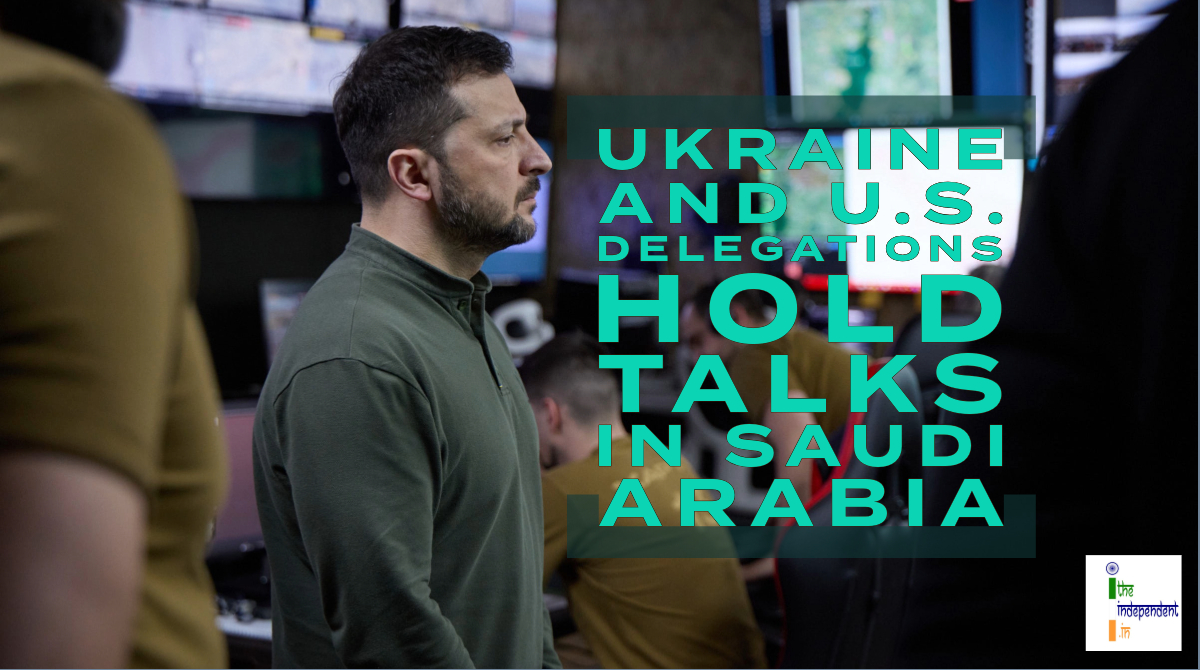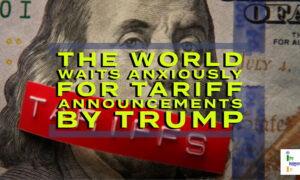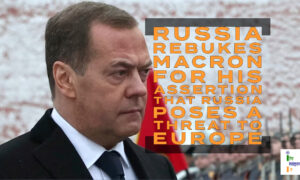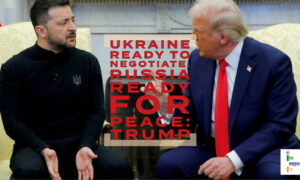
The meeting was held in Saudi Arabia to end the three-year conflict, precedes high-level talks between U.S. and Russian Representatives
The Defense Minister of Ukraine – Rustem Umerov has said that the Ukrainian and the United States (U.S.) delegations met on Sunday, i.e., 23rd March’25 to discuss measures for protecting energy facilities and critical infrastructure.
The discussions are part of broader diplomatic efforts led by the President of the U.S. – Donald Trump to end the three-year conflict. The meeting, held in Saudi Arabia, precedes high-level talks on Monday, i.e., 24th March’25 between U.S. and Russian Representatives.
Speaking on the occasion, the U.S. Special Envoy – Steve Witkoff said, “I feel that (Russian President Vladimir Putin) wants peace. I think that you’re going to see in Saudi Arabia on Monday some real progress, particularly as it affects a Black Sea ceasefire on ships between both countries. And from that, you’ll naturally gravitate into a full-on shooting ceasefire.”
The President of Ukraine – Volodymyr Zelenskyy stated that his delegation was engaging in constructive discussions. However, he emphasized that a real resolution would require the President of Russia – Vladimir Putin to issue a direct order to halt strikes. However, despite last week’s agreement between Trump and Putin on a 30-day pause in attacks, the ceasefire remains uncertain, with continued reports of strikes from both sides.
Zelenskyy said in a televised speech, “The conversation is quite useful, the work of the delegations is continuing. But no matter what we say to our partners today, we need to get Putin to give a real order to stop the strikes.”
Trump described efforts to de-escalate the conflict as somewhat under control. The U.S. aims to secure a broader ceasefire by 20th April’25. White House National Security Adviser – Mike Waltz outlined the U.S. strategy, which includes confidence-building measures such as resolving the fate of Ukrainian children taken to Russia. He indicated that negotiations would first focus on a Black Sea ceasefire before addressing front-line positions and verification mechanisms for lasting peace.
Trump’s direct engagement with Putin, publicly announced through two phone calls, with potential undisclosed contacts, has raised concerns among European leaders. The U.S. might prioritize a peace deal with Russia over Europe’s long-term security, potentially in connection with oil prices, Middle East diplomacy, or U.S. competition with China.
In response, Britain and France are leading European efforts to bolster Ukraine’s military and logistics support. Several nations are increasing defence spending to reduce reliance on the U.S. However, Witkoff has reassured North Atlantic Treaty Organisation (NATO) allies, dismissing fears that a Ukraine settlement might embolden Putin to invade neighbouring countries.







